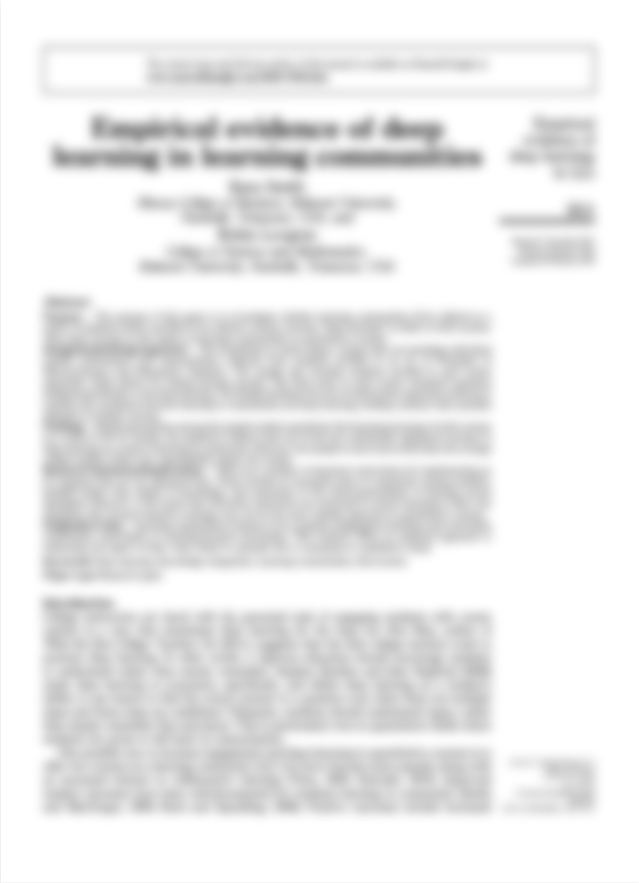FINEST AIR CAR BUILT FOR BRAND.: Monster Plane de Luxe to be Given Test Trial at Venice Wednesday.
Los Angeles Times (1886-1922); Los Angeles, Calif.. 26 July 1920: II1.
You might have access to the full article...
Try and log in through your library or institution to see if they have access to the full text.





